Travel
Your Expat’s Guide: Safest Places To Live In China
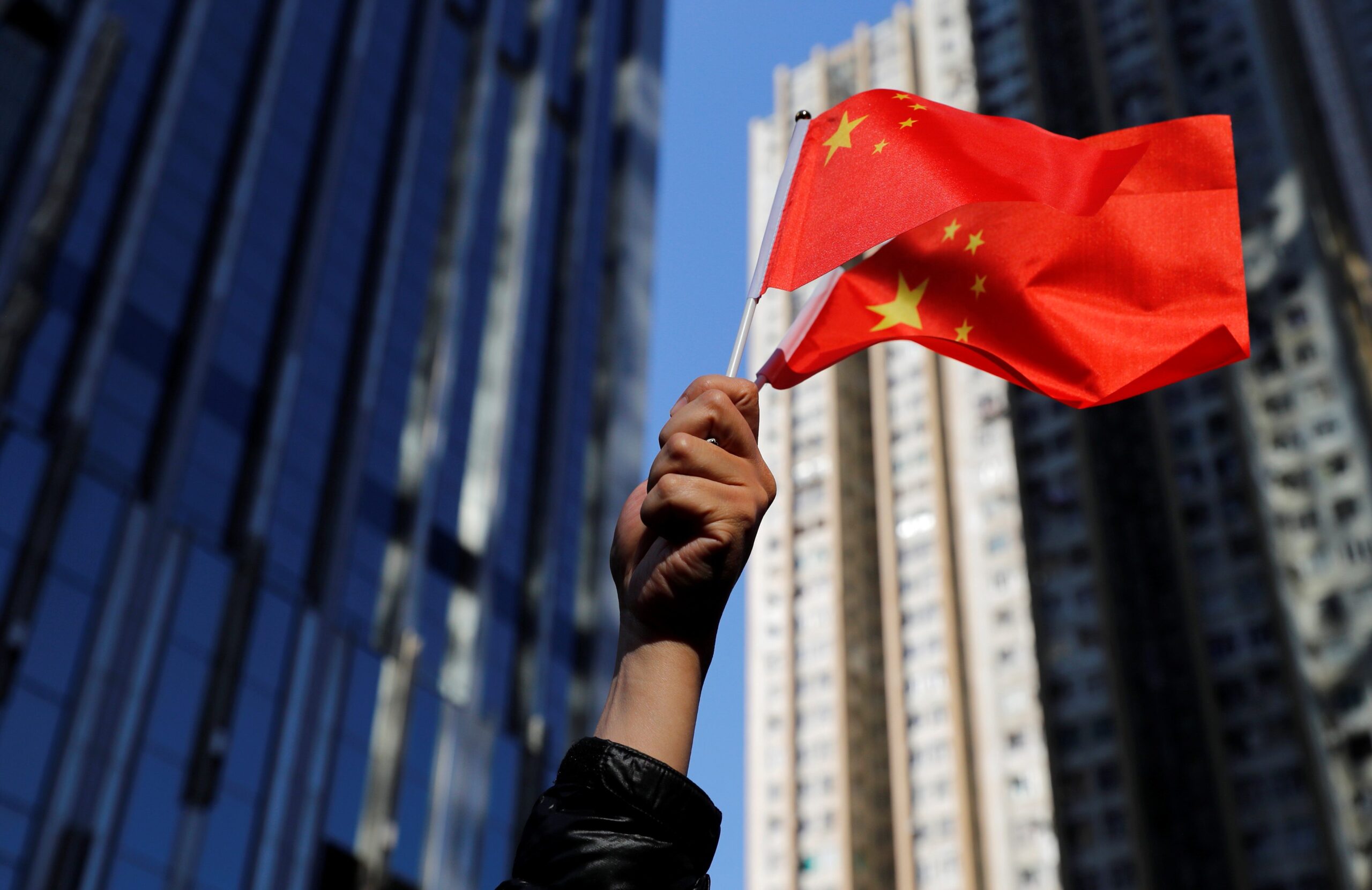
China is quite popular among expats. One of the reasons for this is that they have few major safety worries while living there. Violent crimes against expats are uncommon, and by examining the safest places to live in China, you can make your relocation to China more pleasant and make you feel at home in no time.
Of course, no location in China – or anywhere – is without safety worries. Pickpocketing is a widespread small crime in popular tourist areas. This is especially prevalent near bus and train stations, as well as airports. In addition to pickpocketing, visitors and expats in China also encounter petty scams. Shopkeepers who take advantage of currency uncertainty and offer erroneous change are a common example. However, sometimes the scams aren’t so minor. Young con artists meet visitors and expats in trendy metropolitan neighborhoods, frequently by asking them to snap a photo.
After being persuaded to join the new buddies for a harmless drink, the target suddenly finds themselves on the hook for an enormous amount. As with other tourism-related frauds, international citizens can prevent complications by keeping valuables at home, utilizing anti-theft luggage, and researching prevalent cons.
The Safest Places To Live In China
While crime, traffic accidents, and natural disasters can and do happen anywhere, expats report that these cities are among the safest places to live in China. They give high marks to these destinations for their outstanding quality of life.
1. Zhuhai
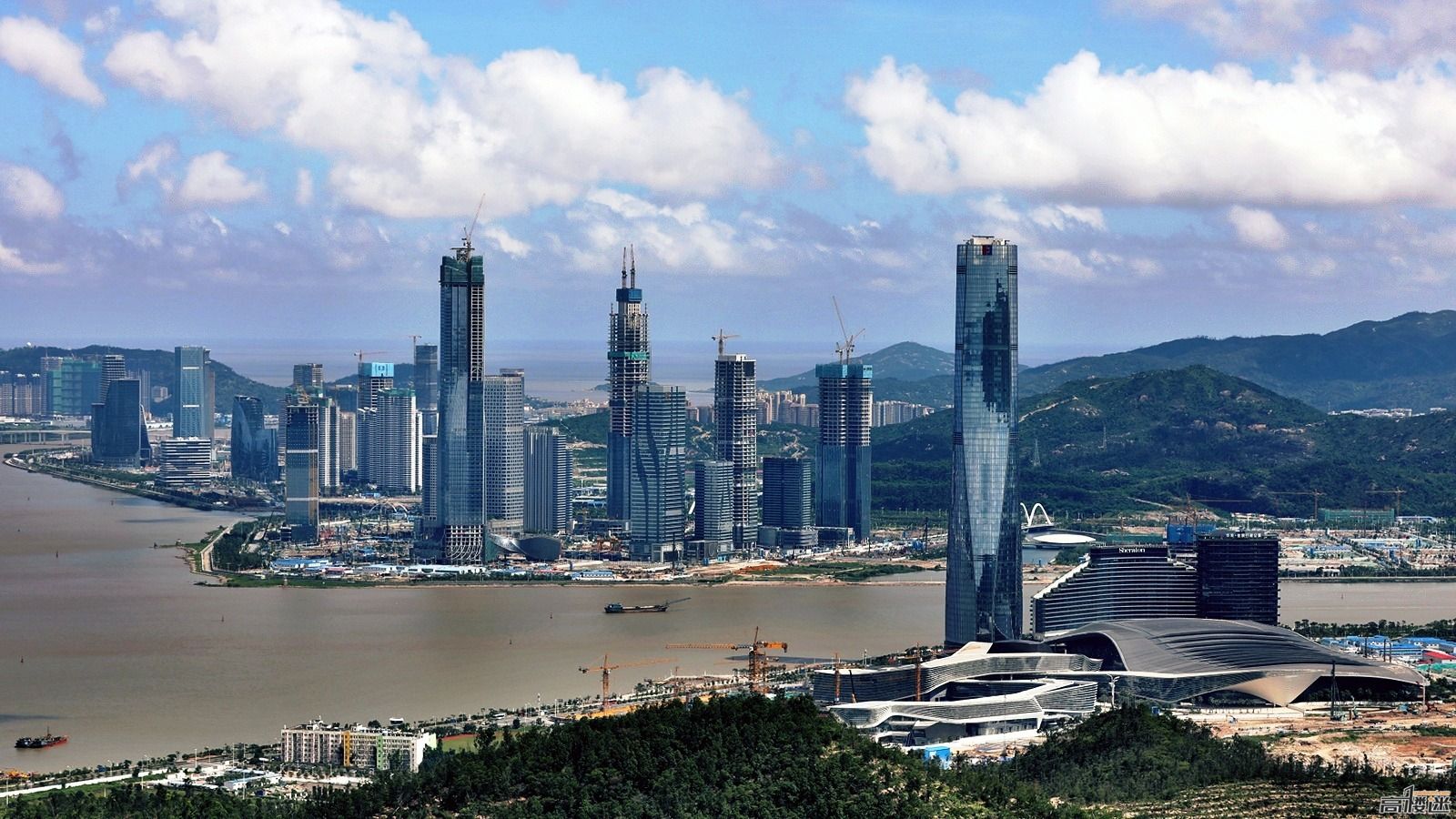
Most Chinese cities would love to have the kind of recognition that Zhuhai has. The Chinese Academy of Social Science dubbed it the “Most Livable City in 2014” in 2014. What makes it such a wonderful location to live? Zhuhai is a Special Economic Zone, which means it concentrates on tourism and its image as a garden city rather than manufacturing. As a result, air pollution is significantly lower here than in other comparably sized cities. Zhuhai’s green focus, easy access to nearby Macau, multicultural nature, and proximity to water have given it the moniker “Chinese Riviera.”
2. Xian
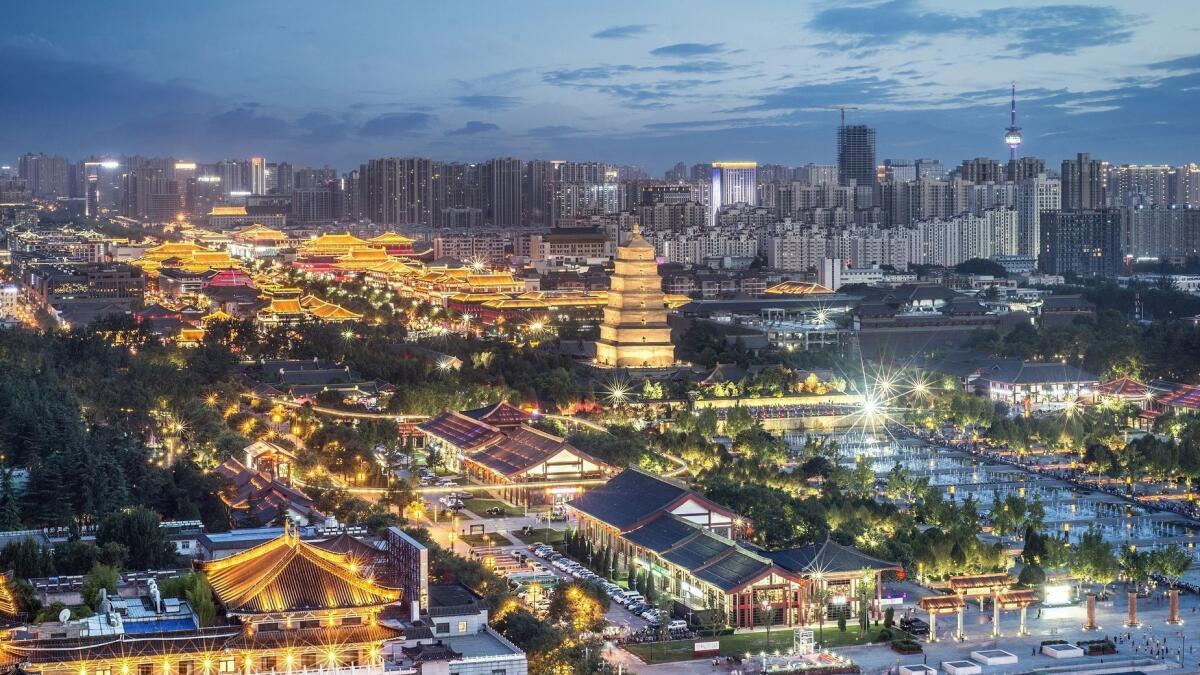
Xian is one of China’s most popular expat destinations. It’s not simply the major tourist attractions that lure them in, though attractions like the Terracotta Army certainly help. Living in Xian is less expensive than in Hong Kong, Shanghai, or Beijing. It does, however, provide all of the same advantages, including great transportation links.
3. Shenzhen
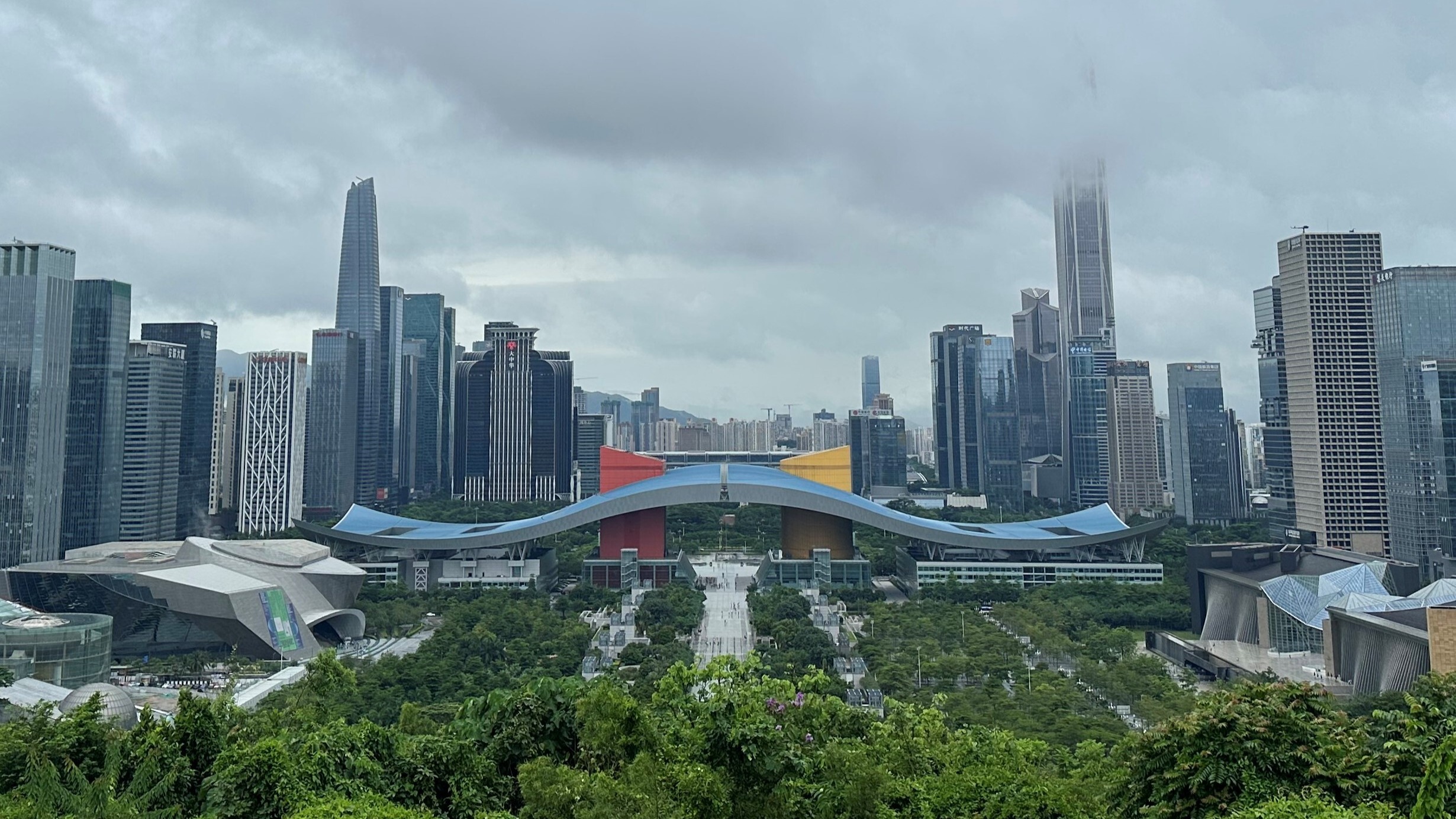
Ultra-modern Shenzhen has Asia’s fifth-strongest economy, which is a big bonus for expats who want to be in the thick of things. Tencent, the maker of China’s most popular social media program, WeChat, as well as smartphone manufacturer Huawei, have their headquarters in the city. Both companies draw a large number of foreign employees, and the city has a sizable expat population. Because to its proximity to the seaside, pollution levels are acceptable, and there are several recreational activities for people.
4. Xiamen
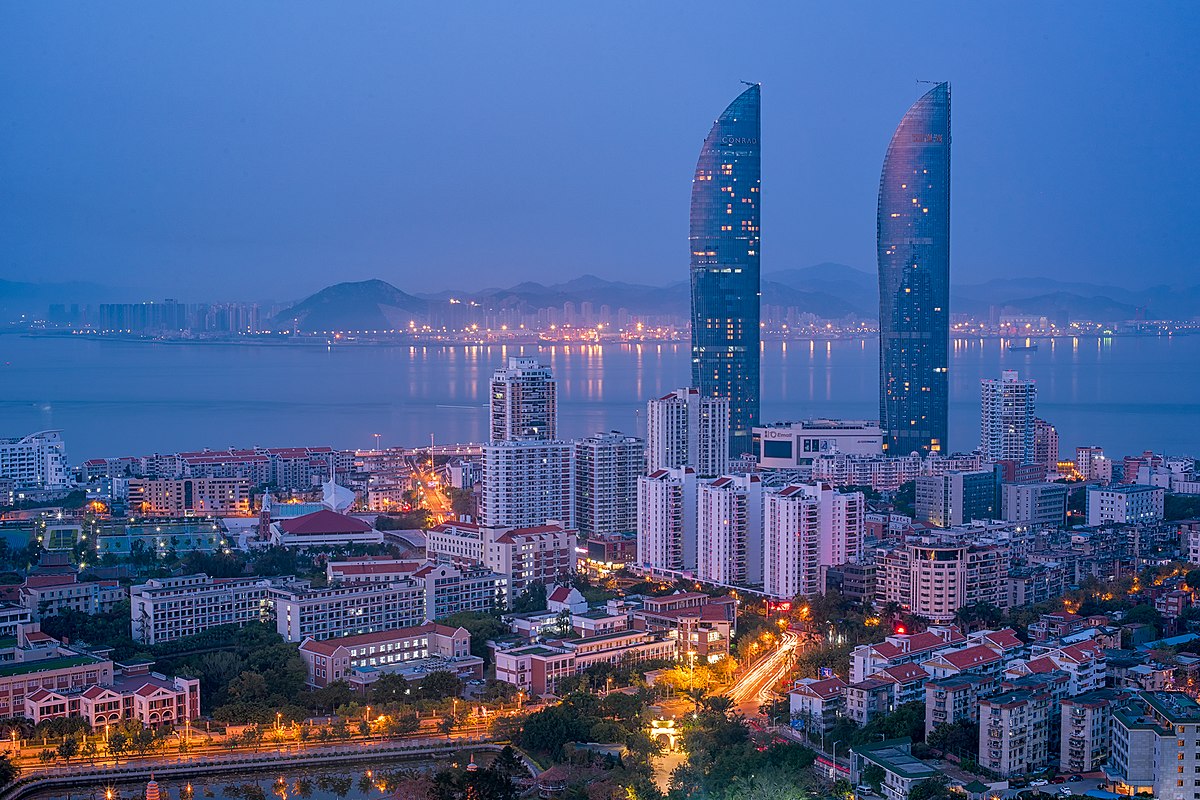
Another designated Special Economic Zone dating back to the 1980s, life in Xiamen has a vibrant economy, a good selection of cultural and educational institutions, and plenty of access to the sea, gardens, and shopping districts. The weather is warm and welcoming and the city enjoys low levels of pollution.
5. Shanghai
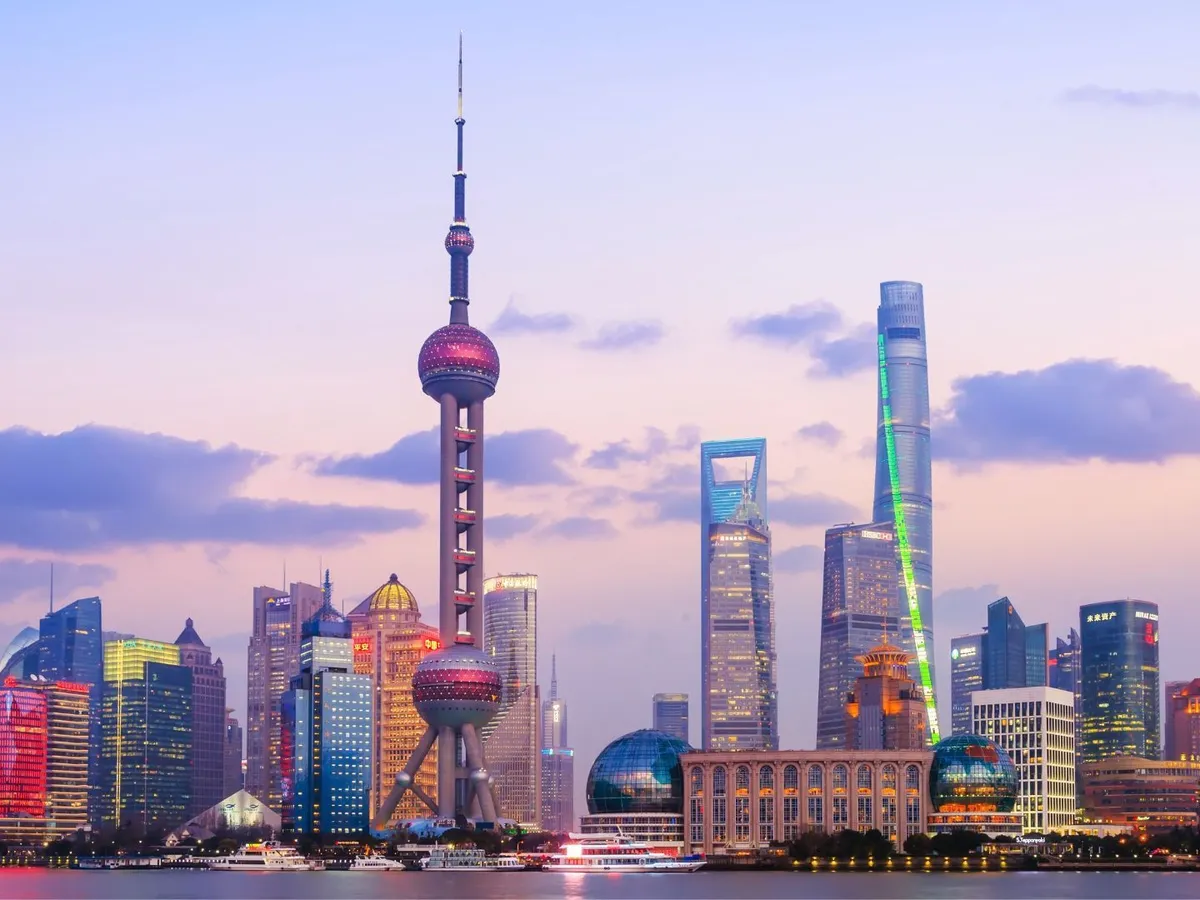
Shanghai is incredibly safe and well-organized for one of the world’s most heavily inhabited cities. The subway served a large portion of the city and was supported by an extensive bus network. High-tech, design, finance, tourism, and startups thrive here, making it a popular destination for foreigners.
6. Chengdu
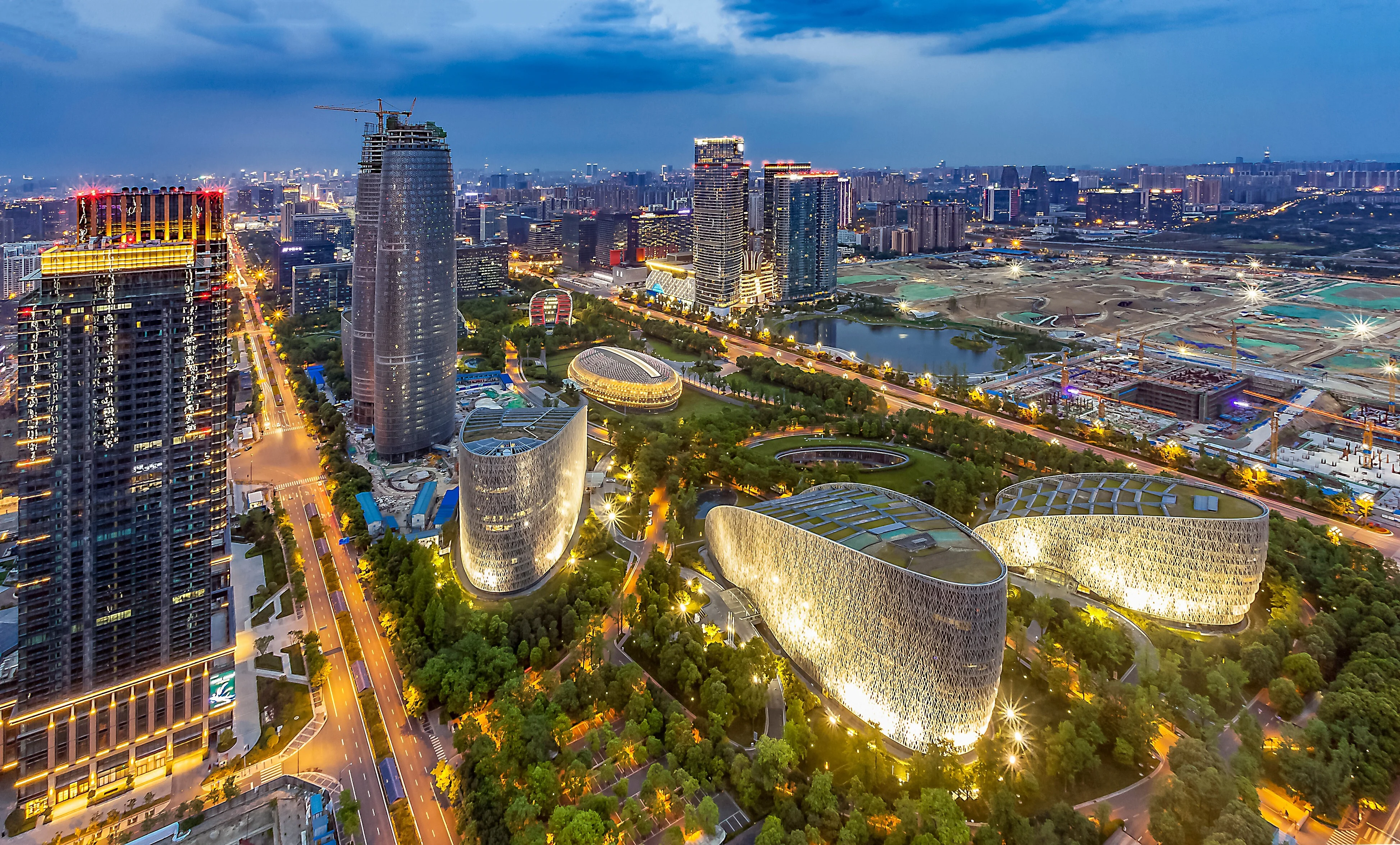
Chengdu is famous among travelers for being a top-notch foodie destination, as well as being the home of pandas. But expats see the city differently. Chengdu is a hub of financial, commercial, cultural, and transportation services in western China. That means plenty of jobs and opportunities, along with a high quality of living.
7. Beijing
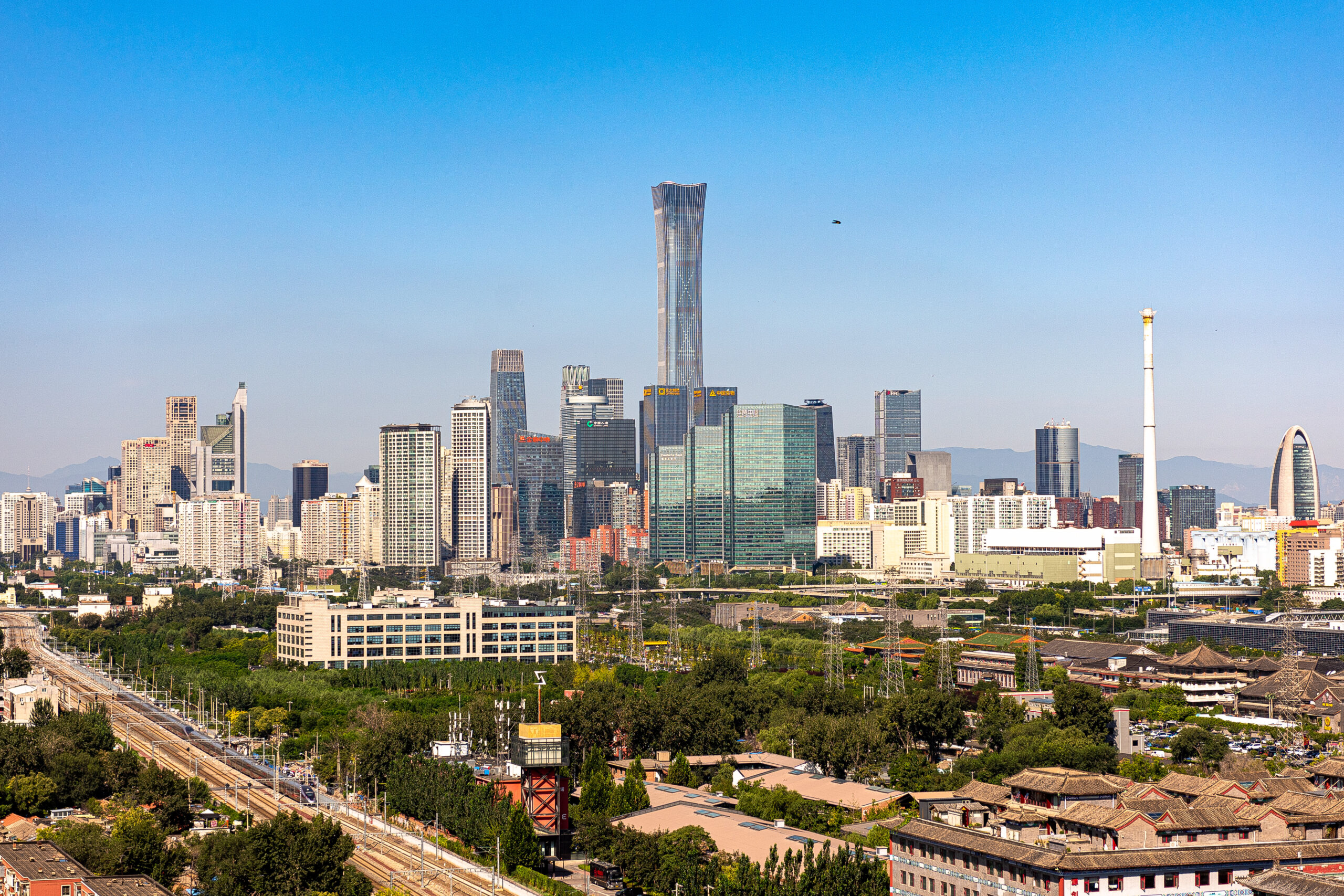
Beijing is China’s political, cultural, and educational capital—and some might say its security capital as well. Police keep a tight rein on the city (and protestors.) As such, crime remains relatively low around top tourism destinations like the Forbidden City, the Summer Palace, and the Great Wall.
Destinations To Avoid Living in China
According to the BBC, official crime data in China are difficult to get due to government information limitations. However, there are a few locations that keep coming up as troublesome. That is not to suggest that expatriates do not live there; in fact, the majority of them adore their adoptive city. However, they may demand some additional “buyer beware” precautions before you decide to relocate.
1. Xingtai
Xingtai’s danger comes not from crime or other issues, but from its industry and manufacturing areas. The city has the sad distinction of topping Greenpeace’s list of China’s most polluted cities. As a result, anyone suffering with asthma or other respiratory disorders would find it extremely difficult to live there.
2. Chongqing
Theft, vandalism, corruption, and bribery are just a few of the significant issues that Chongqing citizens face. A projected 55% of the population has dealt with corruption and bribery, while an estimated 40% has dealt with petty property crimes. On a more serious note, foreigners report that confrontations with taxi drivers and other locals occasionally become violent, with stabbings occurring.
3. Xinjiang Province
This Western Chinese province provides some major hazards that must not be neglected. An estimated one million people of Uyghur ethnicity have been detained, and critics of the Chinese government have warned of racial cleansing against this group. Expats with Uyghur ancestry or who practice Islam (the majority religion of China’s Uyghur people) should conduct significant research before moving in this area, and throughout China in general.
When Safety in China Becomes Serious
Petty thefts are irritating, but road accidents are far more dangerous. The World Health Organization estimates that there are approximately 712 traffic-related deaths in China per day, making it a major cause of death for Chinese residents aged 15 to 45. Pedestrians quickly learn to be hypervigilant and to cross the street in groups for enhanced visibility. Expat chat rooms can tell you which local bus and taxi companies offer safe, seat-belt-equipped vehicles and which should be avoided.
Unfortunately, there are some safety risks over which neither expats nor Chinese nationals have much control. China is no stranger to earthquakes, and in 2017, a deadly quake struck Jiuzhaigou. In this scenario, the quake itself caused landslides. Landslides are also a hazard during the monsoon season in China’s hilly regions, including Yunnan, Sichuan, and Tibet. Landslides disrupt communication, transportation, and utilities, further complicating rehabilitation. Finally, typhoons and flooding are semi-regular occurrences in China. This is notably widespread along the Yangtze and Li Rivers, as well as during the rainy season from June to August. While such calamities cannot be avoided, expats can reduce their risk by timing their vacation around the most dangerous months and checking with local tour companies for their recommendations.






















